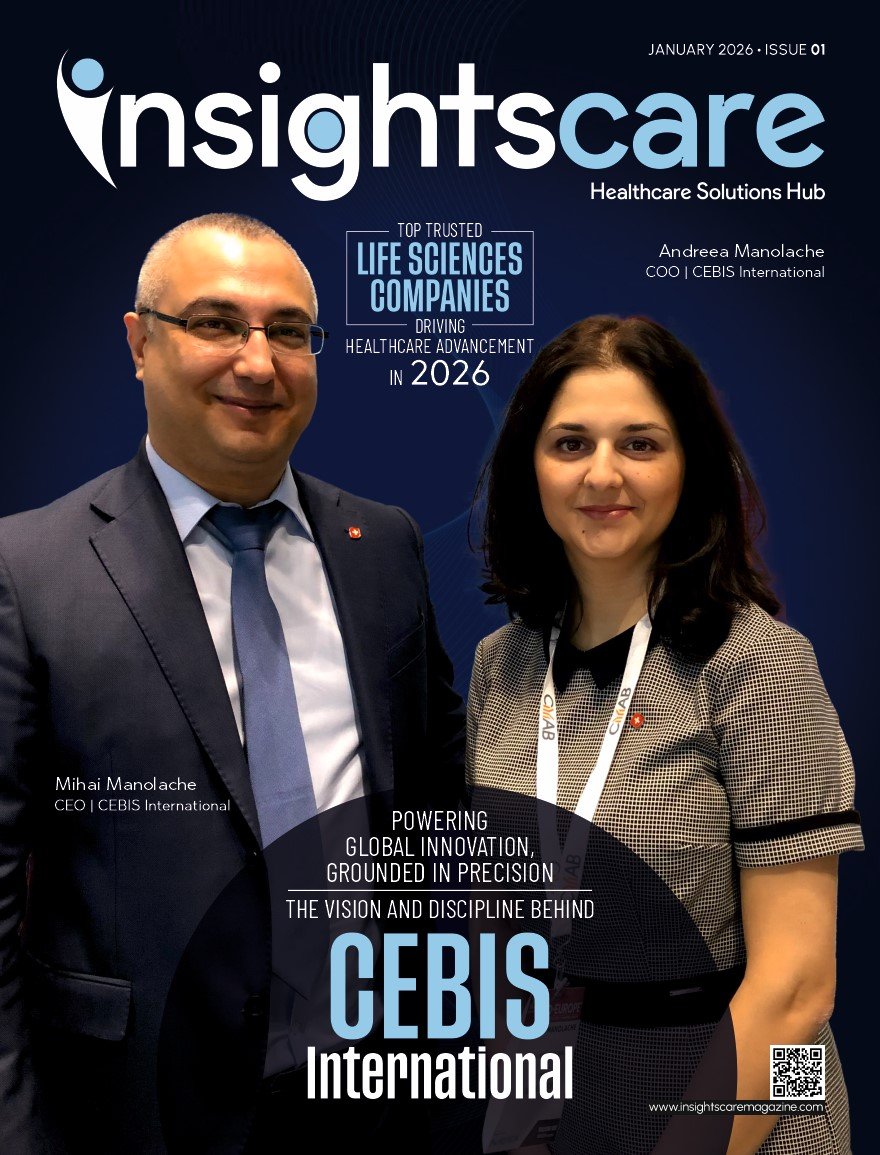Prime Highlight
- Scientists have developed a gene therapy, AMT-130, that can slow Huntington’s disease progression by approximately 75%.
- The therapy has the potential to be a one-time intervention and could prevent the disease in early-diagnosed patients.
Key Facts
- The clinical trial involved 29 volunteers over five years, with some experiencing temporary neuroinflammation treatable with steroids.
- UniQure plans to seek US approval for AMT-130 in the first quarter of 2026, with commercialization expected later that year.
Background
Scientists have announced a major breakthrough in treating Huntington’s disease with a new gene therapy called AMT-130. The therapy appears to slow the disease’s progression by about 75%, meaning that damage expected over one year now takes roughly four years to develop.
The trial involved 29 volunteers over five years, though their identities have not been revealed. Results are yet to be published. UniQure developed AMT-130 to stop harmful huntingtin proteins from forming in the brain. The therapy uses a safe virus to deliver it to neurons in the striatum. The therapy helps cells make microRNA, which sticks to the faulty huntingtin messenger RNA and stops it from becoming protein.
Most patients handled the treatment well, but some had neuroinflammation. This either went away on its own or was treated with steroids.
UniQure plans to seek US approval for AMT-130 in the first quarter of 2026, with hopes to begin marketing later that year. No price has been set yet, but surgery is required for delivery, making the therapy likely expensive.
Experts are hopeful the treatment could be a one-time intervention, as adult brain cells do not divide frequently. Trials are also planned for young patients diagnosed with Huntington’s who have not yet shown symptoms, raising the possibility of preventing the disease entirely.
Professor Ed Wild of University College London Hospitals described the therapy as potentially transformative for patients and families, while Professor Sarah Tabrizi highlighted its promise for early intervention and disease prevention.










